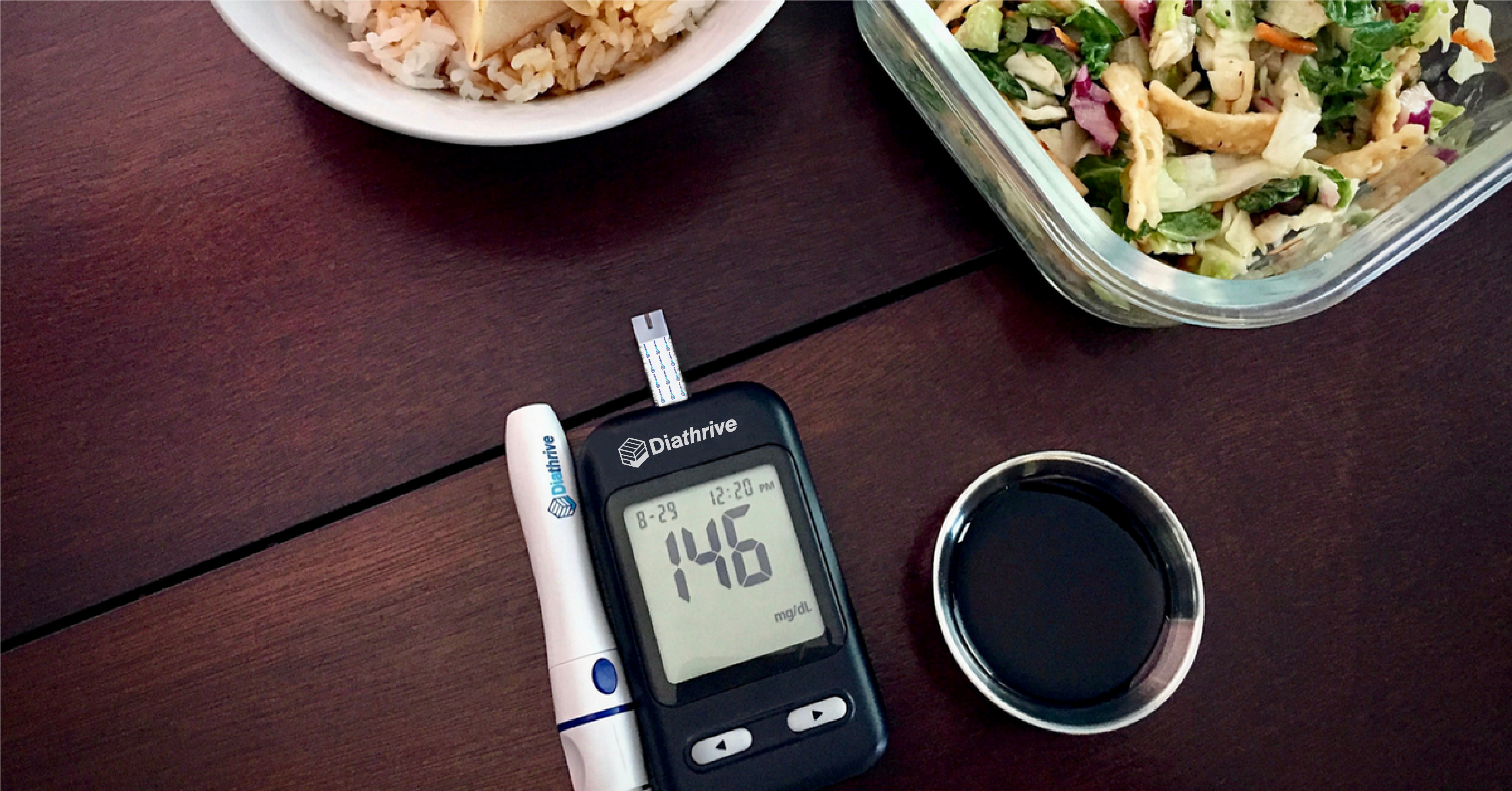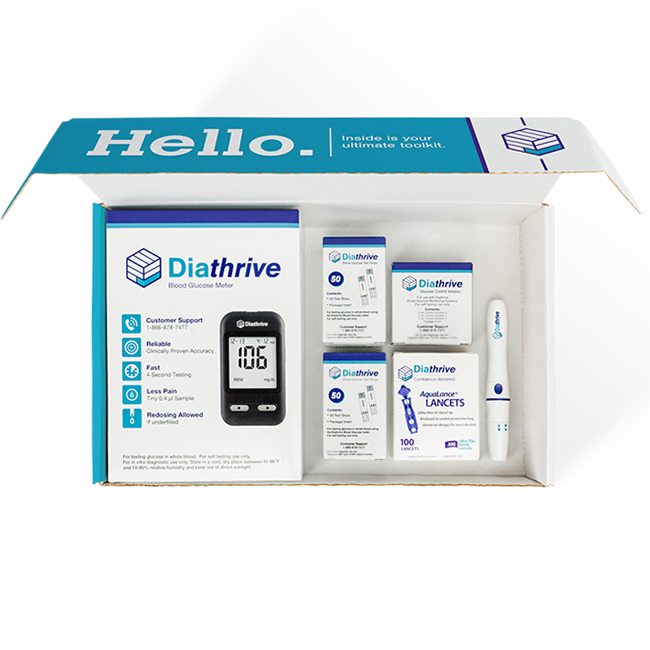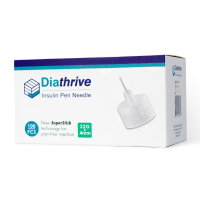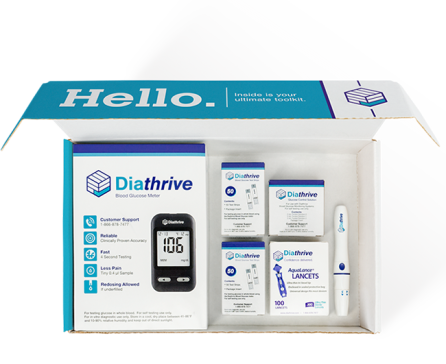
Most people who have been diagnosed with diabetes have been asked by their doctors to test their blood sugar. One patient is asked to test once per day. Another is asked to test several times per day. Far too many patients are asked to test just once per week, or even less. Regardless of how many times per day you may have been asked to test your blood sugar, do you know why you should?
Diabetes is often referred to as a silent killer. Although diabetes is one of the leading causes of mortality, the disease itself doesn't normally cause immediate pain. The negative health outcomes of diabetes can take years to manifest. The average person with type 2 diabetes (T2D) lives with it for years before diagnosis because the symptoms are so gradual. Symptoms of type 1 diabetes (T1D) are generally much quicker, leading to a shorter time from onset to diagnosis, but once injected insulin is introduced, the person managing T1D can still have frequently elevated blood sugars. Aside from these two types, there are over 20 different metabolic conditions that are termed diabetes. While blood sugar is elevated for long periods of time our bodies are sustaining permanent damage to the eyes, heart, kidneys, other vital organs and our nervous system. Many of these problems are irreversible but often preventable. But, if we are unaware of our elevated blood sugar, we can't get out ahead of the problems.
That's where checking blood glucose comes in.
In order to know the best, most effective choices for improving our health, we need to know our health metrics. Most of us have the tools to monitor blood sugar, including a glucose meter and test strips. We can find out at any time how much glucose is sitting around doing damage and take action. We can figure out how certain foods or activities will affect our levels and make choices. We can set our own health goals and create a plan to succeed, or determine what we may need to adjust to get back on course.
Management techniques that work for one person may not work for another. Remember to involve your health care team when determining goals and treatments. Regular blood sugar testing can provide your medical professionals with invaluable information to help them help you learn to manage your diabetes.
If you already live with added health struggles from diabetes, it isn't too late to improve them or prevent further damage. And, don't fall into the trap of thinking that you can simply get your A1c tested regularly and skip home glucose monitoring. A1c is essentially a long-term average blood sugar. To manage your blood sugar effectively you really need to know what's causing the highs and lows you experience day to day. If you care about long-term quality of life, please take action.
We really enjoy hearing stories of how people use Diathrive's products to manage their blood sugar. By providing accurate glucose testing supplies at wholesale prices we help people test as much as they need to and saved them lots of money. We've invested in finding the best equipment so you don't have to sacrifice quality when you save money. Please tell us how Diathrive has helped you on our Facebook page or send us an email at customerservice@diathrive.com.




